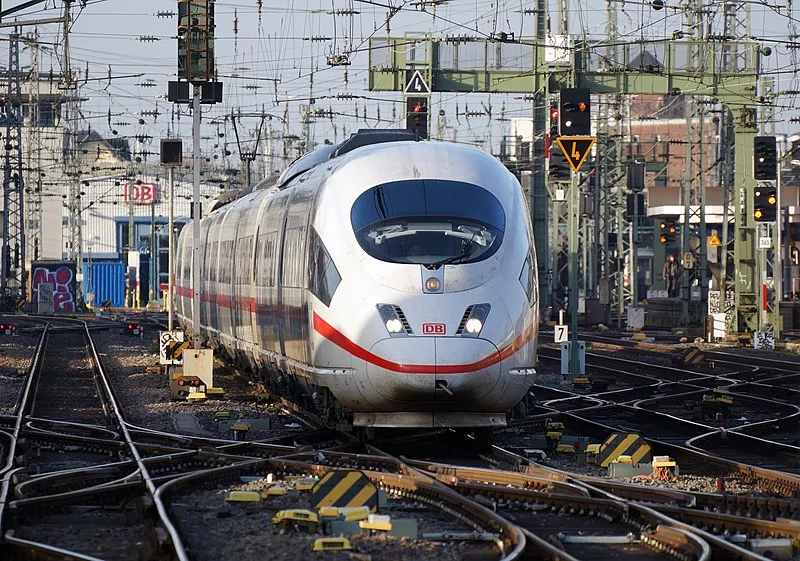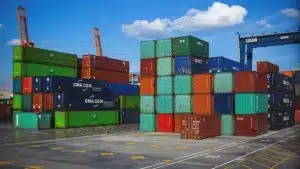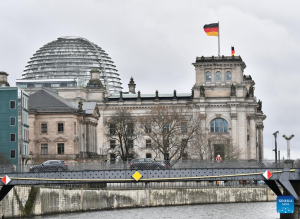Local public transport employees in Germany on Monday began a week of strikes, with all federal states except Bavaria to be affected at different times before a main joint strike on Friday.
Bus and rail employees in Schleswig-Holstein, Saarland, Rhineland-Palatinate and the German capital Berlin started the wave of strikes on Monday. In Berlin, the impact was initially limited, but is expected to increase towards the end of the week.
To improve working conditions in the German local public transport sector, particularly by shortening working hours for around 90,000 employees, the trade union Verdi called for several strike actions at the beginning of the month.
“There is an urgent need to do something to ease the burden on employees,” said Verdi deputy chairwoman Christine Behle when announcing the new strikes last week. Public transport is experiencing a “dramatic labor shortage” and a lot of pressure on employees, she stressed.
Transport companies throughout Germany have already had to reduce operations due to a lack of drivers. In Berlin, bus services were reduced by 6 percent last December, while in Cologne, some inner-city services were restricted from 2022.
The major strike action on Friday will be accompanied by climate protests. “Without better working conditions, there will be no expansion of public transport. That’s why this strike is also a climate strike,” said Amadeo Kaus from Fridays for Future.
Together with passengers and employees, climate activists are calling for an additional investment of 16 billion euros (17.4 billion U.S. dollars) per year by 2030 for the expansion of local transport. A petition for the funding has so far gathered more than 67,000 signatures, according to Fridays for Future.








